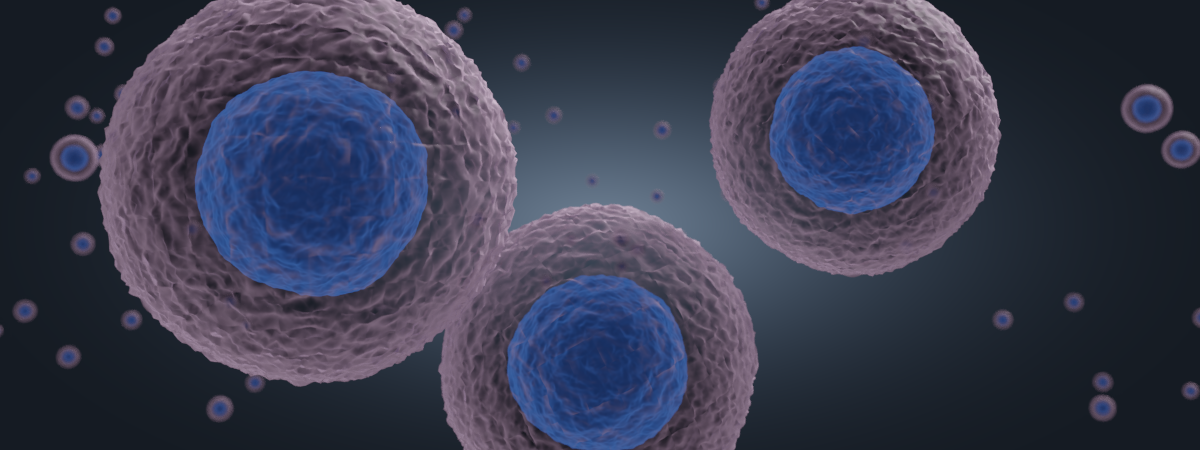

Keywords: TNFRSF receptors, bifunctional antibody fusion proteins, immunotherapy, nanoparticles, 3D models
1st Hosting institution: Location: UKW, Würzburg, Germany; Duration: 18 months
2nd Hosting institution: Location: InoCure, Prag, Czech Republic; Duration: 18 months
APPLICATION DEADLINE: 05/05/2019
Intended start date: October 2019
Job Description: PhD-student position (3 years): This PhD student position offers an exciting and innovative research project that aims to develop the next generation of PD-1/PD-L1 immune checkpoint inhibitors for cancer immunotherapy. In brief, antibodies specific for the tumor necrosis factor (TNF) receptor superfamily (TNFRSF) members TNFR2, 41BB, OX40 and CD27 will be genetically fused with PD-1L blocking domains in a way that the anti-TNFRSF receptor part is only agonistic upon PD-L1 binding. Thus, this type of antibody fusion proteins promise checkpoint blockade with immune stimulation by a single reagent. Further, it will be tested whether circulating particles that are modified with PD-1L- and TNFRSF receptor-specific antibodies have similar properties as the corresponding PD-1L-targeted anti-TNFRSF receptor fusion protein.
The PhD candidate will be working as part of an international consortium on their search for an immunotherapeutic approach to cancer treatment and will spend the first 18 months of their 3 year research project at the University Hospital Würzburg (UKW) / Germany, one of the leading academic centers of Germany. At the UKW, the new bifunctional antibody fusion proteins will be developed and preclinically evaluated. The remaining 18 months, the candidate will continue in Prague / Czech Republic at the nanobiotechnology company Inocure SRO. Inocure is a leading company in drug formulation and in in vitro modelling and the candidate will exploit this expertise for further studies on antibody-modified nanoparticles and their testing in 3D culture models. With this project, the candidate will acquire experience in both industrial and academic research. This research project will end with a PhD thesis defense at the University of Würzburg.
This project is part of a collaborative training network of 10 closely related projects in which PhD students will benefit from networking opportunities. This includes a multidisciplinary training programme with network-wide training events that will be provided to the candidates. Herewith, the PhD project will provide the candidate a unique opportunity to obtain knowledge/expertise on important facets of both academia and industry.
Key Responsibilities:
Requirements:
CONTACT:
Please send your application to harald.wajant@mail.uni-wuerzburg.de